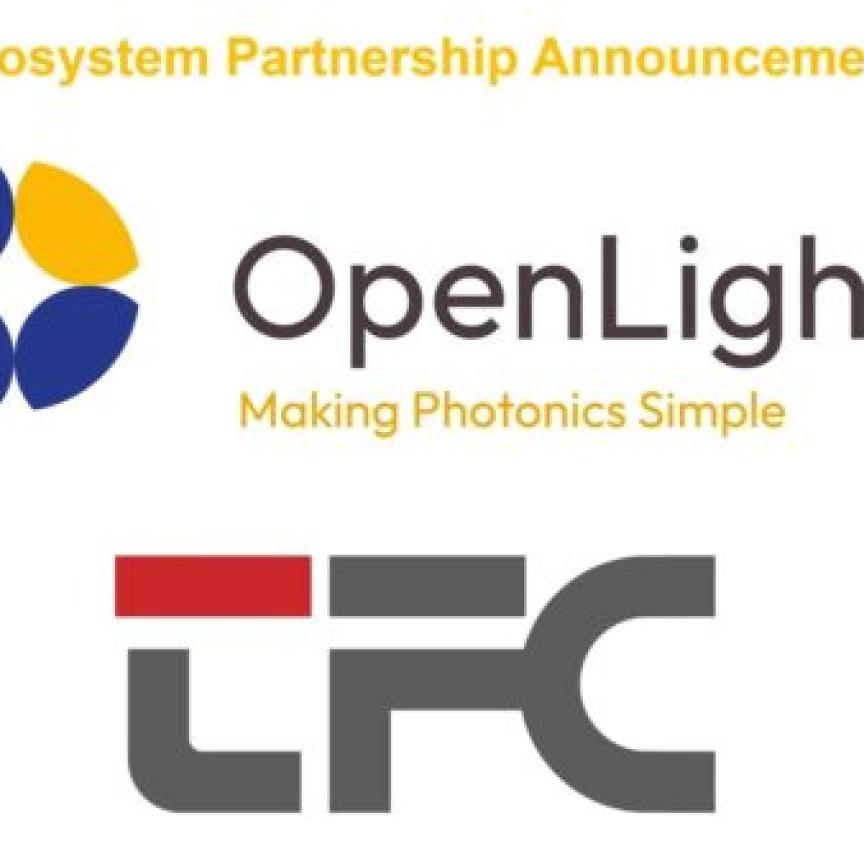Belgian research organisation IMEC has announced its involvement with two new European Union-funded projects - Improv and Actmost - with the aim of improving the effectiveness of European photonics businesses.
The organisers of the Improv project (which stands for 'innovative mid-infrared high-power source for resonant ablation of organic based photovoltaic devices') aim to develop a highly integrated mid-infrared laser source for applications in processing organic solar cells. IMEC will participate in the project through the investigation, development and realisation of a fibre integrated short-pulse mid-IR source. The new source will offer advantages over existing systems in terms of parameter specifications, flexibility, reliability and usability.
According to IMEC, the new fibre laser source will bring a solution for the fabrication of organic flexible devices, in particular for the patterning of organic solar cells. Conventional processing techniques can either not cope with selectivity issues or are too complex and costly to be compatible with an industrial environment. The proposed solution will provide a reliable, compact and maintenance-free pulsed mid-IR source that allows resonant infrared laser ablation (RIA) of the polymer, a technique that is selective with respect to processing a range of different polymers. The laser system can therefore be more largely applied to other polymer and organic materials processing needs as well as in electronic or medical applications.
The laser will combine a short pulse thulium all-fibre laser operating around 2µm with a subsequent wavelength conversion stage. It will operate in the wavelength region from 2.5-11µm with a pulse energy of up to 30µJ, a pulse duration between tens to hundreds of picoseconds and a repetition rate between 0.1 to 1MHz.
Within the Improv project, IMEC will lead the work package on 'resonant infrared ablation for structuring organic PV' and will be responsible for the preparation of the process evaluation set-up and for ablation tests using the laser source. The work will be carried out at the Centre for Microsystems Technology (CMST) at Ghent University. IMEC states that it is well equipped for this task and that it has strong experiences in developing solar cells and plastic electronics, and the assembly of various substrates. The results of initial tests will be used to tune the final laser parameters.
The second project IMEC has announced its involvement in - Actmost - will involve creating a new access centre to provide European companies with access to professional, cutting-edge micro-photonic technologies and knowledge to support the development of new products. Actmost stands for 'access centre to micro-optics expertise, services and technologies.'
Hugo Thienpont from the Brussels Photonics Team that coordinates the initiative explains its aims: 'Photonics-driven innovation often requires a complete and expensive high-technology supply chain operated by top-experts. In many cases companies, and in particular small- and medium-sized enterprises, do not have direct access to such infrastructure. To overcome this show-stopper for industrial innovation in Europe, 14 high-tech research laboratories from 6 European member states have joined forces and created a unique ‘one-stop-shop-solution-provider’ for micro-photonic technologies. Our main goal is to pro-actively provide European companies with timely, cost-effective, and investment-free access to professional, cutting-edge micro-photonic technologies and knowledge to support the development of new products. The technology support that we can provide encompasses the entire food-chain of micro-photonics: from optical design, to measurement, prototyping, replication and packaging, all the way to proof-of-concept demonstration and reliability testing.
The support that will be provided to industry will be subsidised by the European Commission up to a certain level. IMEC’s work in Actmost will be performed at IMEC’s Centre for Microsystems Technology (CMST) at Ghent University.

